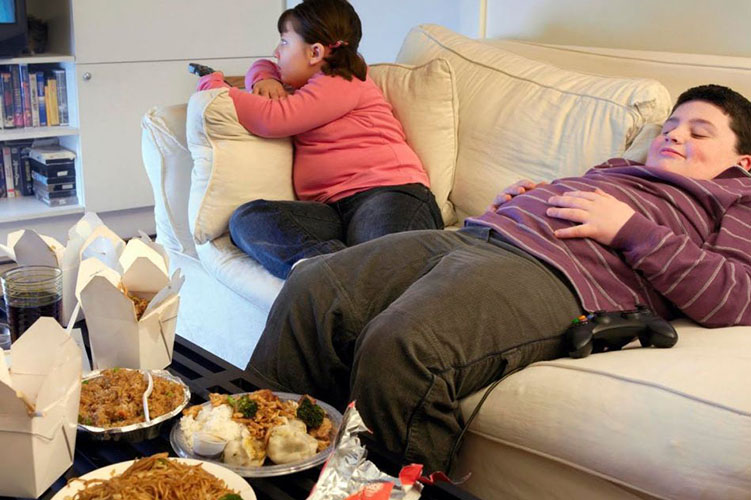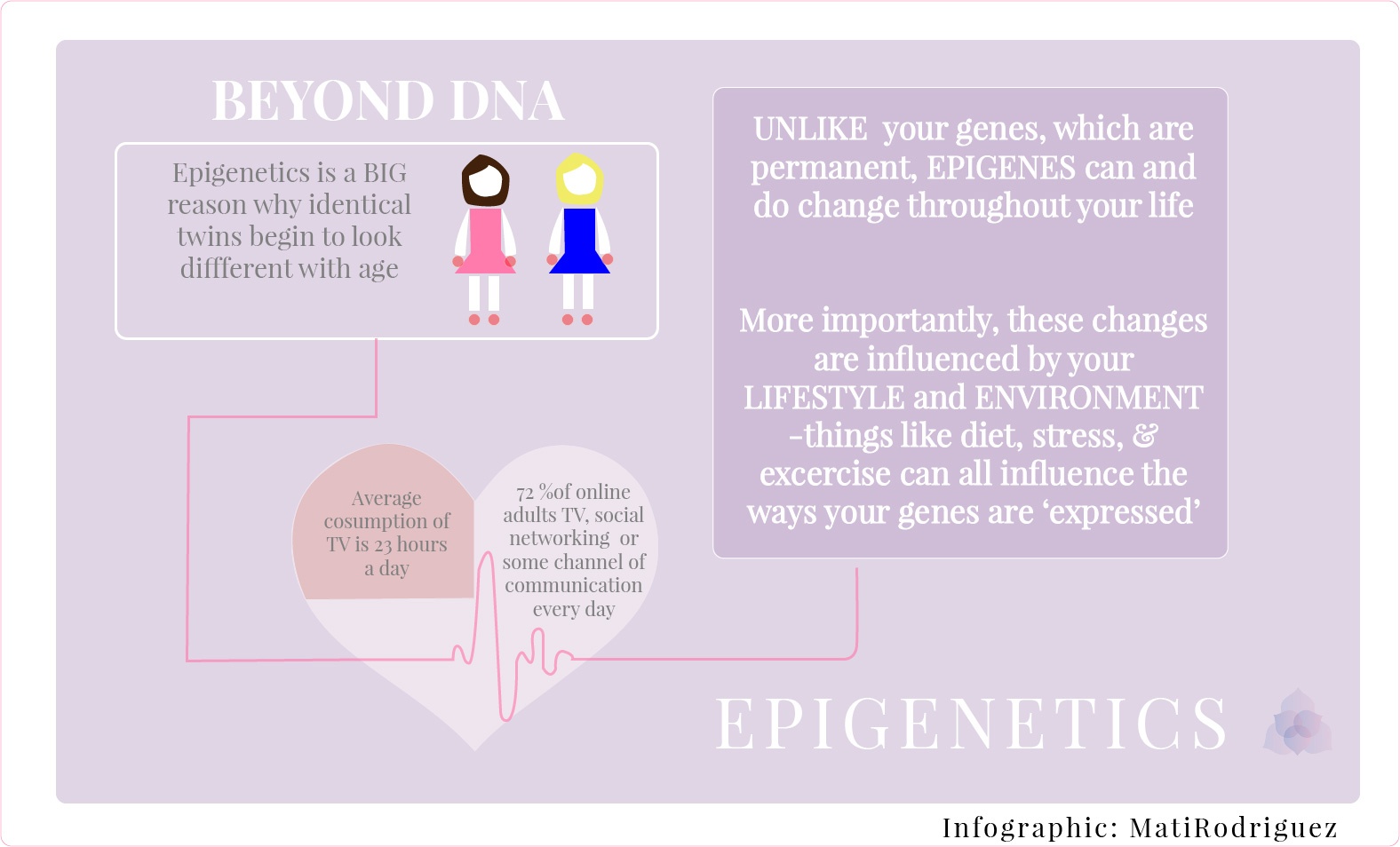
22 Nov 21st NOVEMBER WORLD TELEVISION DAY
Today is 21st November and we are celebrating the World Television Day. This day was decided in 1996 by the UN General Assembly, as it was worth a day of celebration.
The date was not chosen randomly but by the beginning of the first World Television Forum. On this day, but fifteen years ago, different personalities of the media gathered under the umbrella of the United Nations.
Despite the fact that TV consumption brings its personal sharp decline, year after year between 3% and 4%, even today the daily average is four hours per person.
Our parents have been the first children of television. TV relieved their stress, allowing them to learn and get to know about new worlds and also influenced their health. The consequent generations of our parents have become more and more obese. The latter being a latent problem, especially in the social strata with less access to other types of leisure than the immediate one. In other words, sitting on the couch to watch TV.

The inheritance of bad habits
Science is a great slave of data who now tells us that there are acquired behaviours that can be transmitted to the individual’s descendants. Here we talk about the bad habits that our parents have been promoted Despite of not being repeated in the practice by current generations, they hide in their own idiosyncrasies, and without responding to any heresy, evidence that their food excesses could be affecting the metabolism of children and grandchildren.
For two centuries, we took the bases of Jean-Baptiste Lamarck as legitimate, which now we consider wrong . Basically, Lamarckism , in its day, came to tell us that a characteristic derived in life from an organism was to pass directly to its descendant. Today we know that this is wrong. But then Darwin came over and formulate the mechanism of natural selection in 1859. Which we now know is not always wrong.
We can conclude that the acquired characters that are transmittable, are those that consist of a nature very different from those referred by Lamarck. These have to do with food, atmospheric pressure, oxidation, acidity, radiation and the level of intoxication of each one. It seems that what all these conditions have in common is their ability to directly affect the sexual cells, or their precursors.
This process, is a scientific concept called epigenetic , which comes to designate a series of alterations in the activity of genes, without relating in the changes of its sequence, but in other things that are saved as if it were a hard disk, very stable
The field of epigenetics has emerged as a cross-over between genetic and environmental influences. The main ones are the simplest radicals of organic chemistry (methyls, -CH3) and proteins called histones. These modifications persist throughout the cell divisions. Therefore, they can also be transmitted between generations. (Sampedro, 2017).

«Who doubts that the television commercials in the countries where this mass media is marketed do not influence what children, young people and adults eat?»
Overweight and obesity are the result of watching TV, eating more quantity because the attention is on the screen. One tends to chew and taste less but also to consume products rich in fat.
Metabolism suffers from overweight and sedentary lifestyle. A study published by the University of Harvard (USA) shows that for every 2 hours of television a day, the risk of cardiovascular diseases and type 2 diabetes increases by 15% and 20% respectively.
If you feel like chopping between meals, choose healthy foods, such as homemade popcorn prepared with a drop of olive oil and seasoned with salt, 30 g of raw nuts or 100 g of dark chocolate. Also avoid TV duringmain meals.
Eating habits have regional and individual peculiarities depending on multiple and complex factors; but today we identify general global trends that characterise the common eating habits of the majority of people living in different regions and countries. The most significant are:
• A sustained increase in energy consumption, both in developed and underdeveloped countries, above nutritional needs.
• The increase in quantity and diversity of foods, whether industrialized or not, that can be acquired in different types of markets or establishments. Products that, in many cases, have no nutritional value.
• The increase of urbanism with its characteristic features in lifestyle, fast foods, as well as the consumption of food in public places.
• Changes in the organization of family life. Most of its members spend a large part of time away from home; There is a reduction in the time for the preparation of meals, and there is also greater facilities to buy and prepare precooked meals.
• Food consumption in a disorderly way throughout the day.
The cellular nutrition is destined to regenerate, in an integral way, optimizing the cellular metabolism of your organism. This program returns the optimal potential to the cell deficiencies. Being recommended both for people who want to protect their health and to avoid genetic predispositions that result in disease.
If you want to know more about our cellular nutrition programmes, check our BioClínica Marbella website.
BIBLIOGRAPHY:
Blog.soovil.com. (2017). Mejora tus hábitos al ver la televisión – Soovil. [online] Available at: http://blog.soovil.com/mejora-tus-habitos-al-ver-la-television/ [Accessed 17 Nov. 2017].
Lladó, A. and Lllado (2017). Los nuevos hábitos de consumo nos alejan del televisor. [online] La Vanguardia. Available at: http://www.lavanguardia.com/economia/innovacion/20170914/431277809530/nuevos-habitos-consumo-televisor.html [Accessed 17 Nov. 2017].
Sampedro, J. (2017). Análisis | La herencia de los malos hábitos. [online] EL PAÍS. Available at: https://elpais.com/elpais/2016/07/22/ciencia/1469210024_565712.html [Accessed 17 Nov. 2017].


